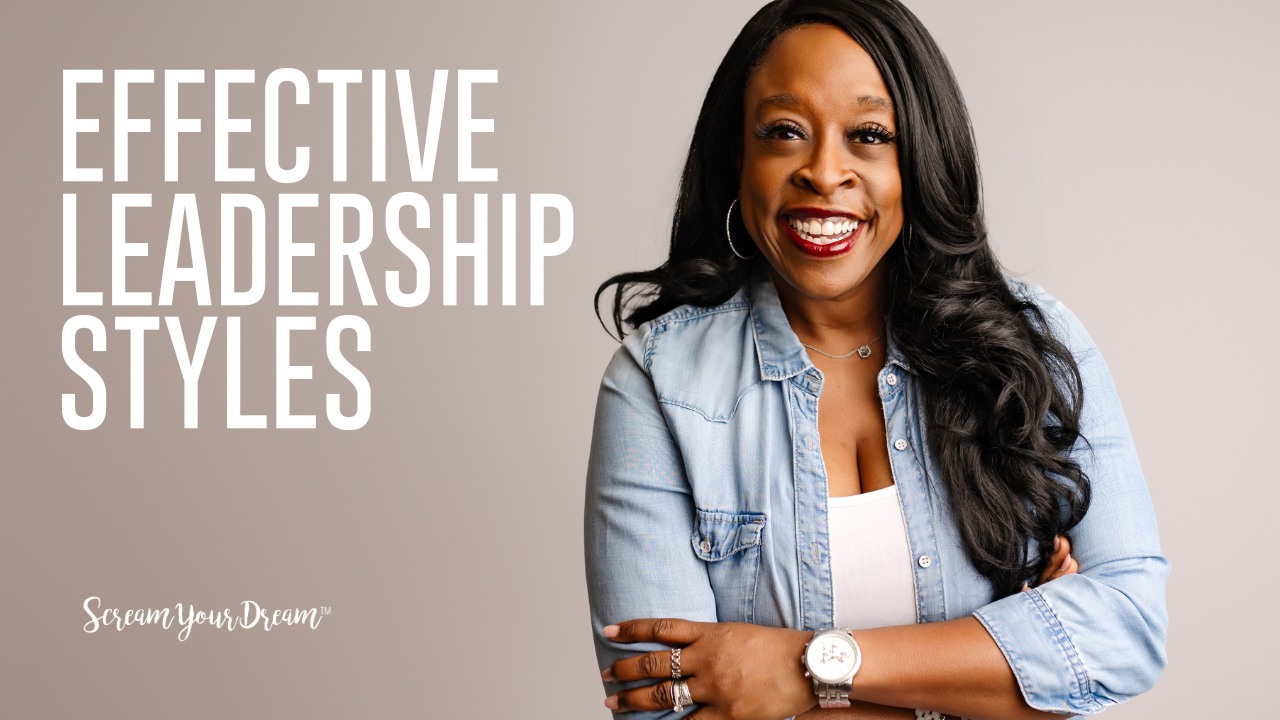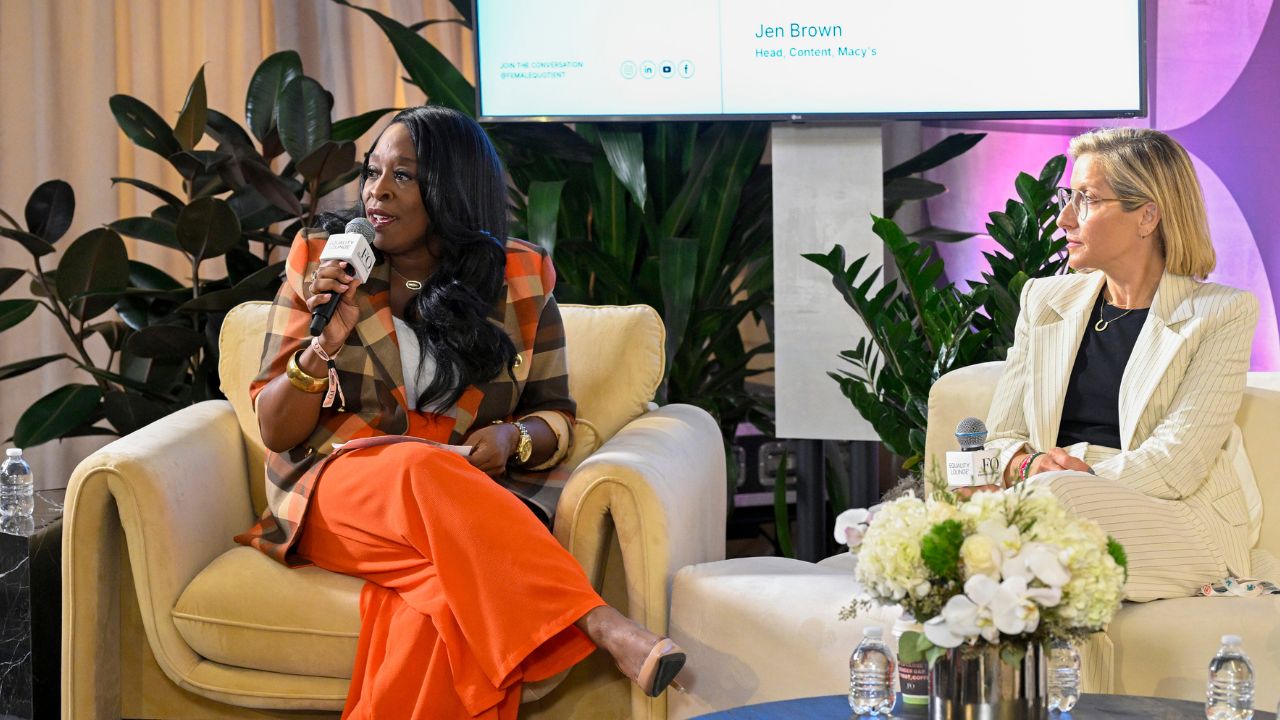
Happiness & Fulfillment
By: Gina Messina
What is happiness? We all seek it. And yet, it seems so difficult to define. We often find ourselves drawn to options for artificial happiness — having more things. I am embarrassed to admit that when I am struggling, I distract myself with retail therapy. And now, I don’t even have to leave my bed to do it. A few clicks and a package will show up at my doorstep in two days. However, once it arrives, I usually don’t remember placing the order. It is a transient fix that allows me to avoid feeling. There is no sense of fulfillment. I am guilty.
Artificial Happiness
Admittedly, I can be shallow. I fall into the trappings of our materialistic and youth obsessed culture. I am easily swayed by the ad telling me that I need a new face cream to smooth my deepening wrinkles, shapewear to hide the reality of my aging body, or the new miracle pill that promises to speed up my sluggish metabolism. I participate in a culture that tells me that as a woman, my appearance is more important than my health and that growing old will leave me grotesque, alone, and having no value.
Living in a capitalistic society, we cannot engage in artificial happiness unless we have money. Thus, we are always seeking the higher paying job, working more hours for a few extra pennies in hopes it will be enough to compete with our neighbors. In the meantime, our expectations keep us from ever being fulfilled.
The Experience of Happiness
We have ideas about what happiness feels like: The excitement we experience the first time we fall in love; the joy of watching your child’s first steps; or the relief you feel when you have a moment of quiet. We’ve experienced these moments, and yet, they are fleeting. Such an understanding implies that we live mundane existences waiting for something to wake us. It reminds me of the novel/movie, The Hours; the idea that we throw parties to cover the silence.
Rabbi Hyman Schachtel has argued that happiness is wanting what you have. It seems a noble statement; be thankful for your blessings and stop being covetous. I almost want to “buy” into it. Yet, this philosophy is still focused on materialism and is based in privileged thinking. Power structures and social injustice continue to dictate who has what they need. No mother watching her child starve should be told to be grateful. No one who is denied equity based on oppression should be told to have gratitude for the scraps society has tossed them.
Dr. Fred Luskin of Stanford University agrees with Schachtel and explains that we often focus on negativity and in doing so, continuously injure ourselves. His book, Forgive for Good calls us to let go of our anger and instead recognize the beauty in our lives. I admit that I have been quite taken with his perspective and regularly listen to his lectures. However, this appeals to me because of my social position. And I wonder, should we let go of righteous anger directed at the ongoing marginalization and perpetrated violence against the historically disenfranchised? Or can righteous anger be just and sometimes the only way to confront the structures and systems that control wealth and access to basic human rights?
The Tree of Life
I often find myself drawn to the artwork “The Tree of Life” by Gustav Klimt. You’ve likely seen it. Perhaps you’ve given it a glance, or even stopped for a moment to consider its mastery. Or maybe like me, you have found yourself enveloped in the colors and swirls effortlessly stroked on to the canvas, engaging in a dialogue about the meaning of true happiness.
Tree of Life by Gustav Klimt Flickr.com
Klimt sought to make a definitive statement about what happiness is. The symbolism and meaning connects me to an understanding of spirituality, life’s journey, and fulfillment.
The tree of life is an important symbol in theologies and mythologies. It represents the space between the underworld and the hereafter; while also connecting the physical and spiritual with its roots deeply planted and its branches reaching into the sky. The perpetuity of life is symbolized by the swirling limbs that twist, spiral, and tangle drawing our attention to life’s complexities while the tree’s roots call to mind that every living thing birthed will grow, die, and return to the earth.
To the left of the tree is a woman who represents expectations. She is early on in her life’s journey and like the tree’s branches she wants to reach for that which is beyond her scope. Her curiosity about the infinite squelches her ability to recognize the gift of the present. With anticipation of what life will bring, and clouded by societal norms, it is only through growth that she will come to find happiness and fulfillment in this world. Although we devalue the process of aging, it is through our lived experiences that we will come to understand our roles as human beings and the spiritual connection between us.
To the right of the tree is the couple representing fulfillment. For Klimt, it is only through our relationships with one another that we experience the divine. As human beings, we are not meant to be on this journey alone. Coming to understand that it is the people in our lives that should be valued — not things — is what will ultimately allow us to find happiness and fulfillment.
Happiness is Relational
We are living in a time where we are separating ourselves from one another in favor of individualism, greed, and materialism. Such a path can only lead to destruction. Happiness is not simply a fleeting moment between the dark hours, it is not synthetic or grounded in materialism, nor is it about giving in to injustice in favor of ignorance as a distraction. It is the recognition that every moment is an opportunity to live with purpose. Our role as human beings is to be in relationship, to recognize the importance of community, and to find fulfillment in the ways that we care for one another.Gina Messina, Ph.D., M.B.A. is Associate Professor and Executive Director of the Institute for Women, Wellness & Work at Ursuline College. She is also an award winning author and certified leadership coach for women. Connect with her on her website, LinkedIn, and Instagram.





